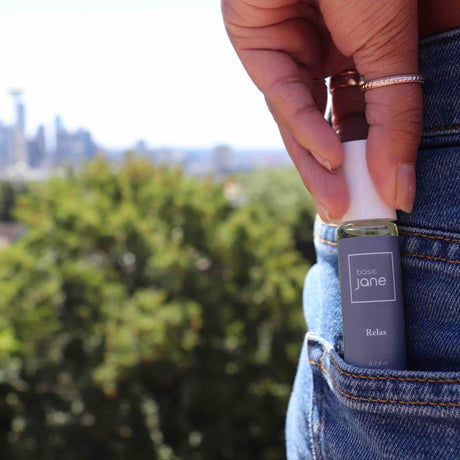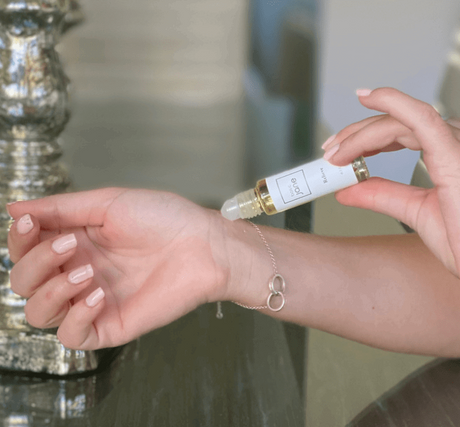I knew the minute I opened Verda Bio's door that this was not a typical pot farm. The aroma tipped me off. Most farms smell like someone just opened a 10,000-pound bag of pot. But when I walked into Verda Bio, I smelled nothing. The scent was sterile, like a disinfected doctor's office.
That's because Verda Bio is a unique pot farm. In fact, it's the only one of its kind in a state with more than a thousand licensed pot farms. Verda Bio won the state's first pot research license last November, giving the company special privileges to study cannabis and create new technology. The first goal is to grow new, more predictable strains of pot. And to do this, they are growing a bunch of male pot plants.
The male pot plants are why I didn't detect my favorite herb's smell when I entered this facility.
Male pot plants don't produce the intense aromas we associate with cannabis. Those aromas, as well as the intoxicating chemicals like THC or CBD, are produced by the flowers of female plants. Most farms grow only female plants—because a single male plant will spread its pollen all around a facility and turn those dank female flowers into seeds. Pot farmers don't want seeds; they want pot flower that they can sell or turn into other pot products.
Verda Bio isn't trying to make another pre-roll; they're trying to produce the pot seeds of the future.
Right now, most farms grow their pot plants by selecting a single plant they want—say, a particularly pungent version of Sour Diesel—and then they take pieces off this "mother" plant and populate their farm with clones from the original. This ensures that each plant will have exactly the same characteristics as the mother Sour Diesel. But that's only a short-term solution. It doesn't take long for the mother plant to run out of energy, forcing the farm to start over.
Industrial crops like corn and wheat aren't grown this way. They are grown directly from seeds that agricultural scientists have bred to consistently produce crops with the characteristics they want. Jessica Tonani, Verda Bio's CEO, told me they want to replicate this process, but for pot.
"How people clone cannabis right now is not scalable like [industrial farming]. So I think if we can enable consistent growth from seed... then people can just plant the seeds and know what they are growing," Tonani said.
Scientists were doing this kind of work on other agricultural crops 30 or 40 years ago, but it's just now being started on pot. And thanks to the Washington State Liquor and Cannabis Board's research license, this groundbreaking pot science is happening inside Seattle's city limits.
The idea sounds simple: develop seeds that consistently grow the same pot. But to execute this, Tonani and her team need to carefully breed cannabis plants over and over again. While they go about their work in creating stable seeds, they are also working on mapping the cannabis genome and hunting for rare cannabinoids, those pot compounds that are related to THC and CBD but offer other promising possibilities for future pot medicine.
The world of pot research is ripe for new discoveries after more than 50 years of federal prohibition. What will scientists find as our new laws let them look into the inner workings of weed? Pay attention to Verda Bio, and you just might find out.



















